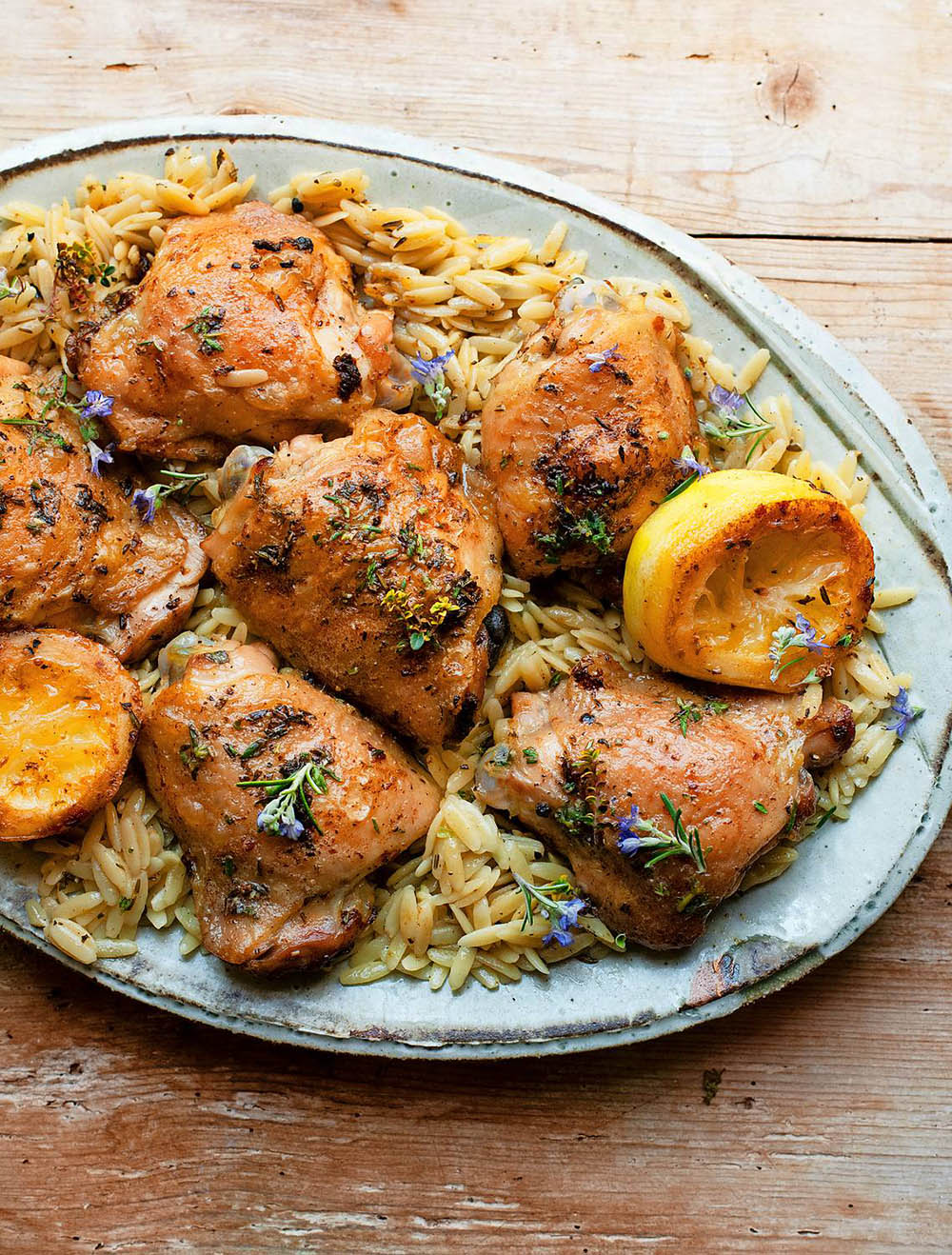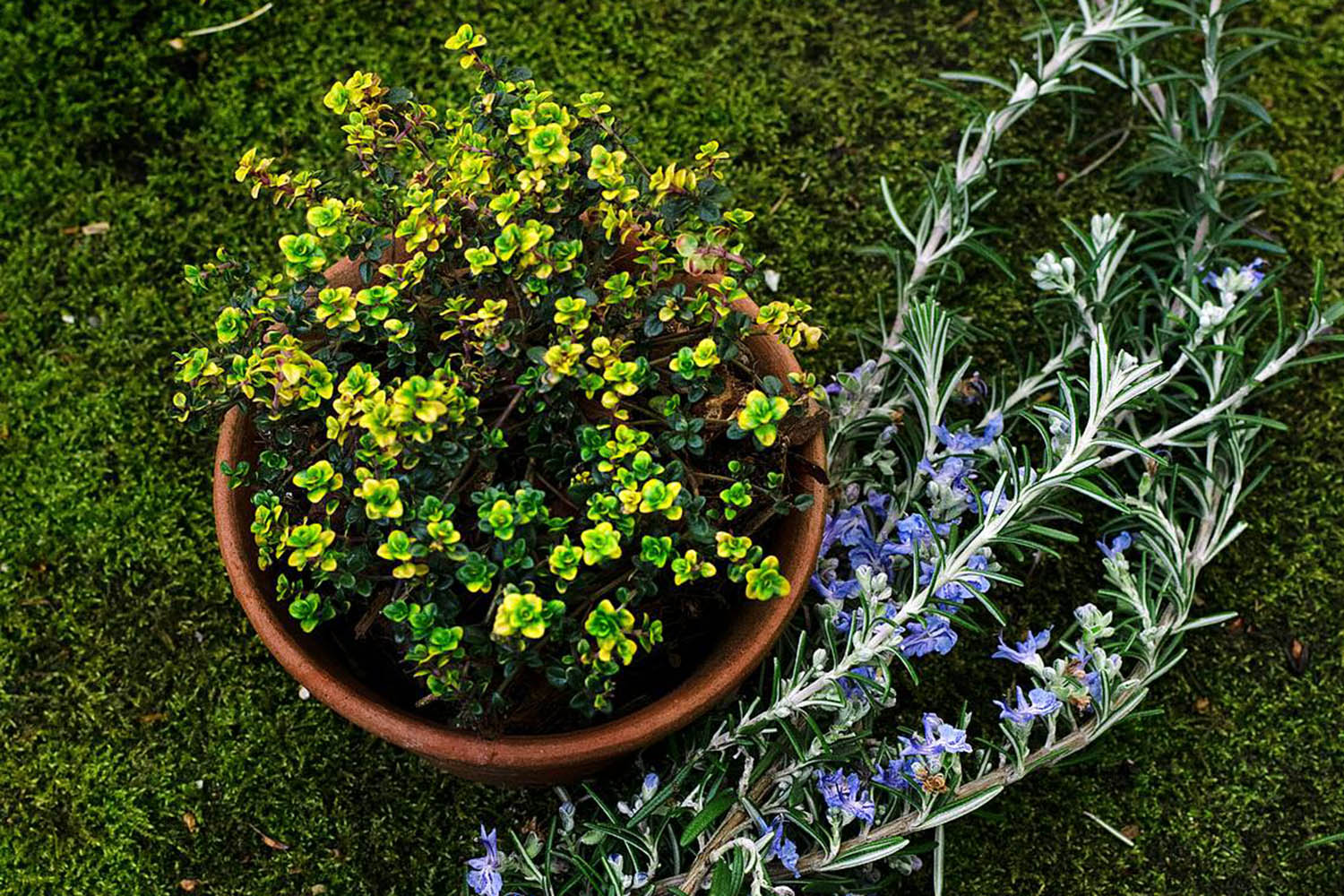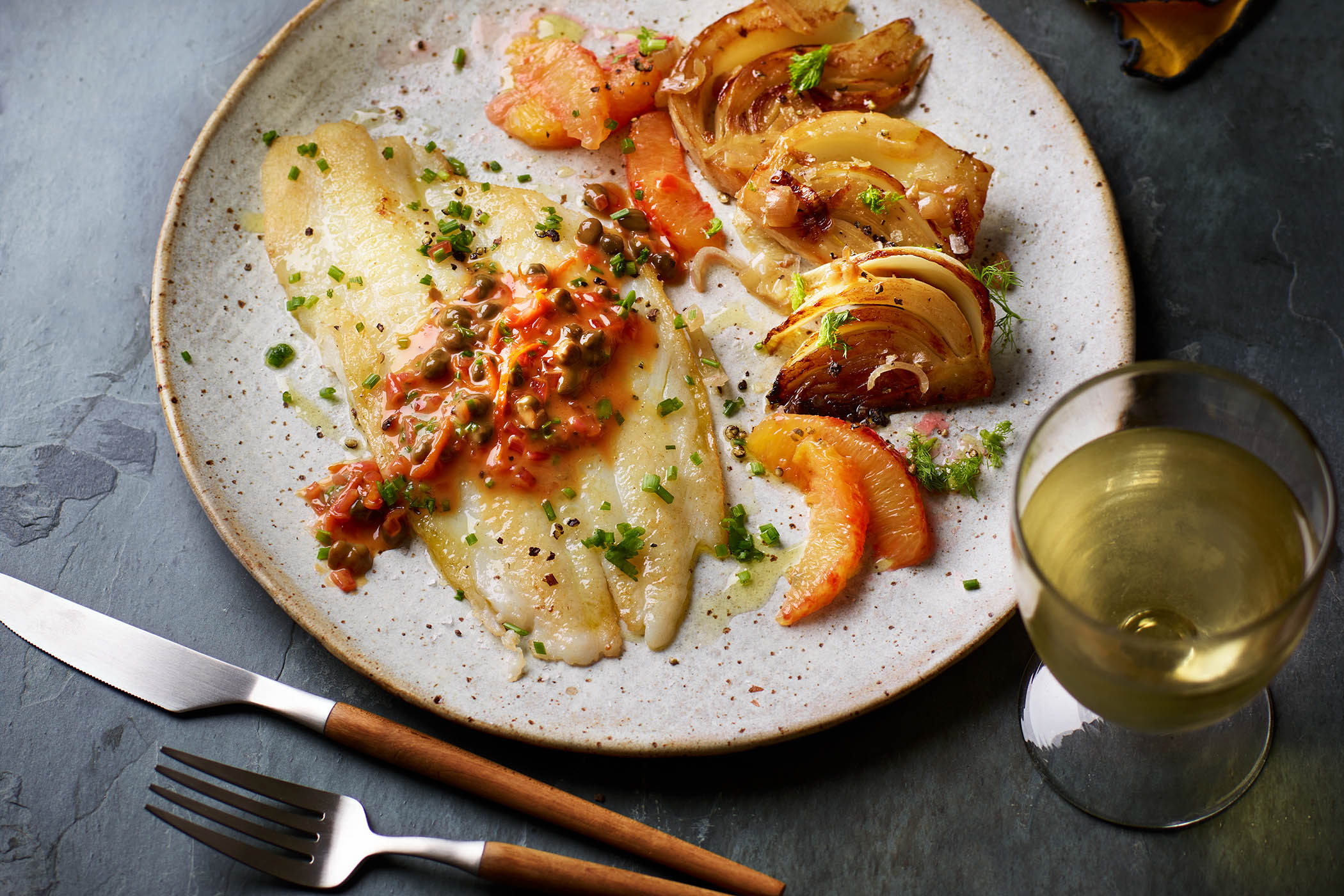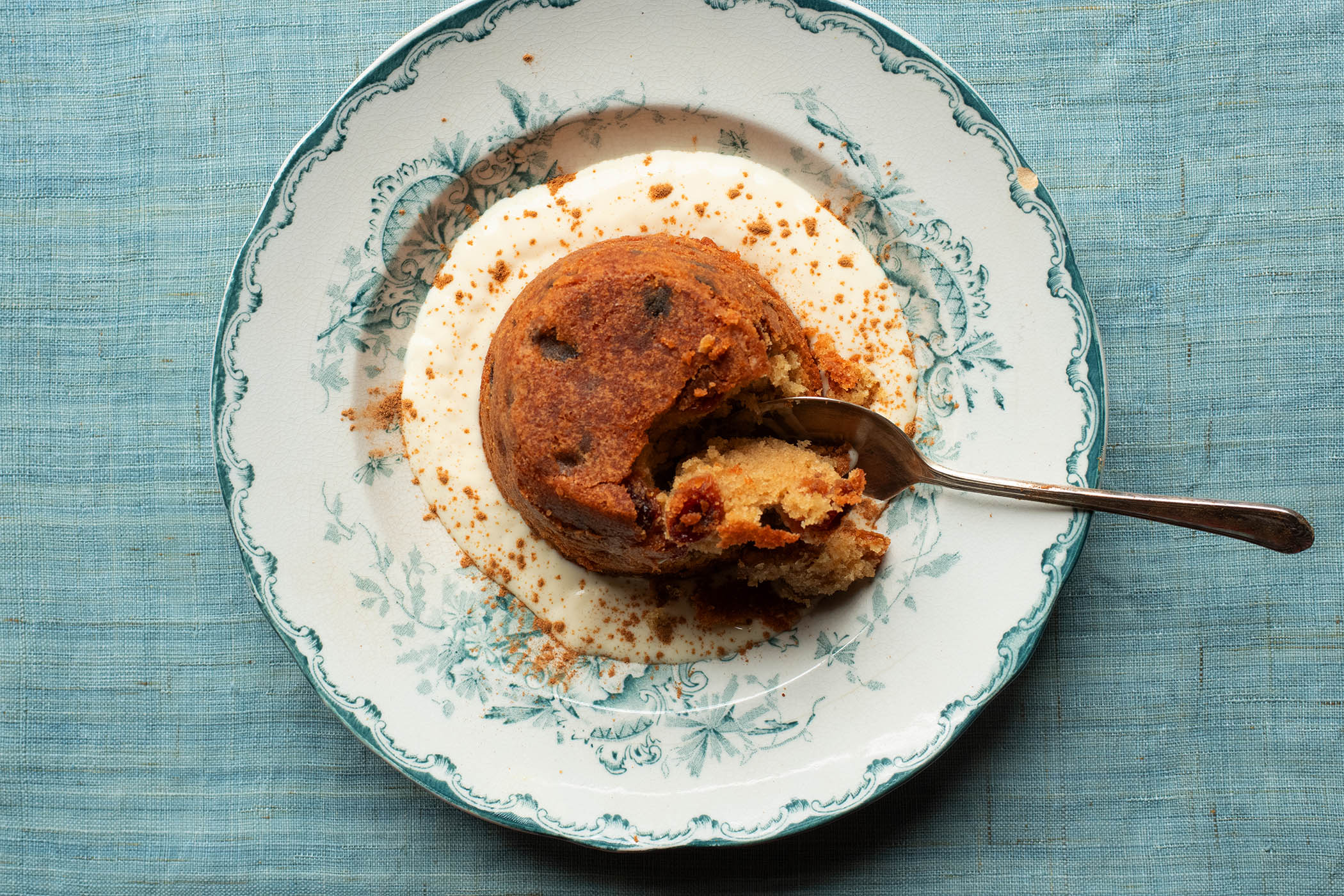Photographs by Jonathan Lovekin
Every morning this week, I have run my fingers through the rosemary plants that sit in pots on the kitchen steps. Planted years ago, the bushes are robbed of their leaves all summer and used as seasoning for the juices of a lamb roast or for aubergines to be cooked on the grill. (Mash the leaves with salt and black pepper and a drop or two of olive oil, the smell will instantly transport you further south.)
I do this first thing in the morning, when the leaves have had an hour of early sunshine to concentrate their oils. At this time of year, the sharp grey-green needles come complete with mauve flowers and the occasional bee, fat as a barrel.
Rosemary has long been a symbol of remembrance, but it is for its reliability that I appreciate it, being one of the few kitchen herbs that overwinters well in this garden. I picked clusters of thyme, too, another herb integral to my summer cooking. Both were destined for an aromatic butter with which to baste chicken thighs as they roasted. The thyme is Doone Valley, a variety new to me, whose young growth is golden orange until the weather warms up, when it softens to a delicious buttery yellow.
Thyme is essential to this cook, but as a gardener it defeats me, and I must buy new pots every year. New plants arrived this week. Like most herbs, the thymes suffocate in my rich London soil, so I grow them in pots, where I can lighten the soil with grit and leaf mould for better drainage. I could not get through a summer without thyme and not only in savoury recipes. Sometimes I make a thyme sugar, the leaves whizzed with white caster to make a lemon cake glisten.
Thyme is essential to this cook, but as a gardener it defeats me, and I must buy new pots every year
Thyme is essential to this cook, but as a gardener it defeats me, and I must buy new pots every year
I have spent almost as much time in the garden as in the kitchen this week. The recent fine weather of cool spring nights and bright sunny days has sent me scurrying to plant seeds – nasturtiums to add colour and peppery heat to salads, violas for decorating cakes, and nigella, the most romantic of edible flowers, just for a jar of fairy-like petals on the table.
There was also a case of “out with the old, in with the new” as the heavy casseroles were put on the top shelf, the dark sugars, dried fruits and black treacle were shuffled to the back of the cupboard and the light “summer” pastas – the tiny stellette and rice-shaped orzo – were brought in to replace the sturdier, heavier shapes more suited to winter cooking.
The tiny stars of stellette are charming in summer soups (especially a simple chicken and asparagus consommé). I used the silky orzo – like plumped up grains of rice – as accompaniment for the herbed chicken.
Related articles:
Once in the kitchen, the rosemary and thyme leaves were mashed with butter and plump cloves of new garlic, the waxy-fleshed sort that has arrived from Italy, weeks ahead of our own and whose skin is flashed with brush strokes of mauve. Some of the butter was rolled into logs and frozen for another day, the rest perfumed the kitchen all week, as no doubt it will do all summer long.

Baked chicken, herb butter, orzo
Serves 4. Ready in 1 hour.
Newsletters
Choose the newsletters you want to receive
View more
For information about how The Observer protects your data, read our Privacy Policy
The herb butter is easiest to make when the butter has been out of the fridge for a while, so it creams more readily with the garlic and chopped herb leaves. I suggest grating the garlic by hand rather than chopping or slicing. The effect is less pungent than if it is chopped or sliced. Of course, you risk grating your fingertips in the process, so take care, or crush the cloves instead, using a pestle and mortar.
I suggest giving 2 thighs per person, ideally large fat ones from the butcher, with their skin intact, so it bastes the flesh as it roasts. The roasting juices are an integral part of the dish, as they always should be, which is why the accompanying orzo is transferred to the roasting tin and used to sponge them up.
Chicken thighs 8, skin on and bone in
Olive oil a little
Unsalted butter 90g
Thyme leaves 2 tbsp (5g)
Rosemary leaves 2 tbsp (5g)
Garlic 3 young plump cloves
Lemon zest 1 tbsp, finely grated
Lemon juice 2 tbsp
Orzo 200g
Remove the chicken from the fridge half an hour before you start cooking. Heat the oven to 200C/gas mark 6. Put the chicken thighs into a roasting tin or baking dish and brush them lightly with olive oil. Season them with a little salt and black pepper, then roast for 20 minutes.
While the chicken roasts, chop the butter into small pieces and put it into the bowl of a food mixer. Finely chop the thyme and rosemary leaves and scatter them into the butter with a generous grinding of black pepper and salt.
Peel the garlic, then grate it to a paste using a fine grater. (If you prefer, crush the cloves with a pestle and mortar.) Add the garlic, lemon zest and lemon juice to the butter and mix for a minute or two until fragrant and thoroughly combined.
Once the chicken has roasted for 20 minutes, baste each thigh with the butter, then return to the oven.
Put a medium-sized pan of water on to boil, salt it generously then, when it comes to the boil, tip in the orzo and let it boil for 15-20 minutes until silky.
Drain the orzo. Remove the chicken from the oven and transfer to a warm plate, leaving the buttery juices behind in the tin. Stir the drained orzo into the roasting tin, moving it round in the juices so the pasta picks up the delicious savoury sediment left behind by the chicken. Check the seasoning and correct it to your taste – you may like a little more pepper or lemon juice – then spoon on to a large warm plate, place the chicken pieces amongst it, and bring to the table.



